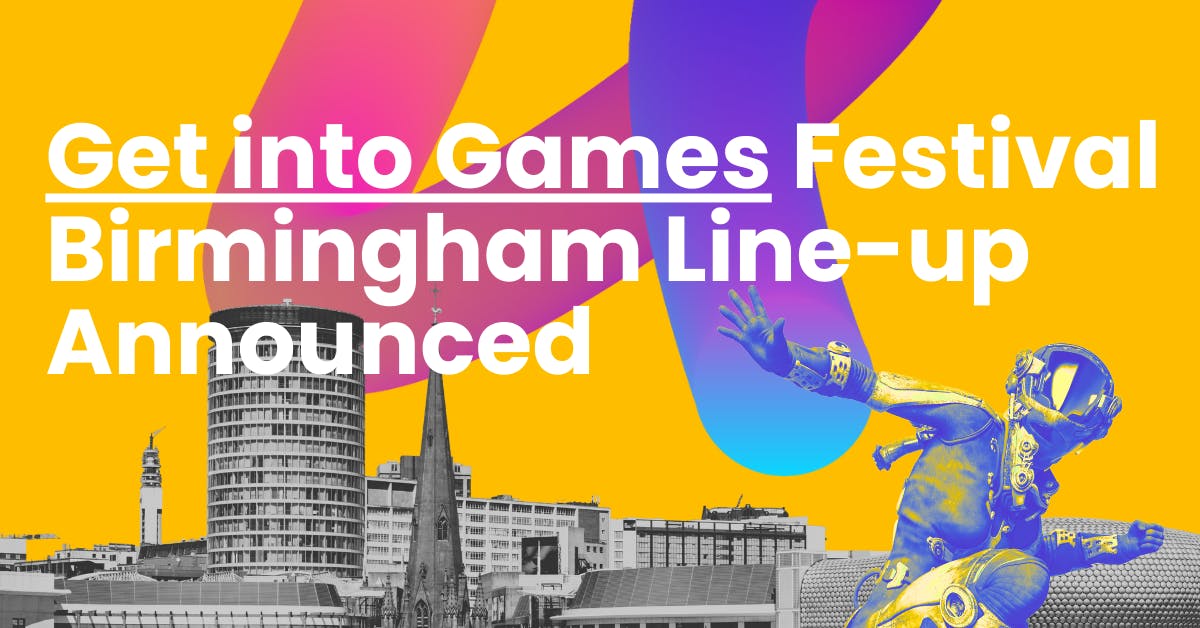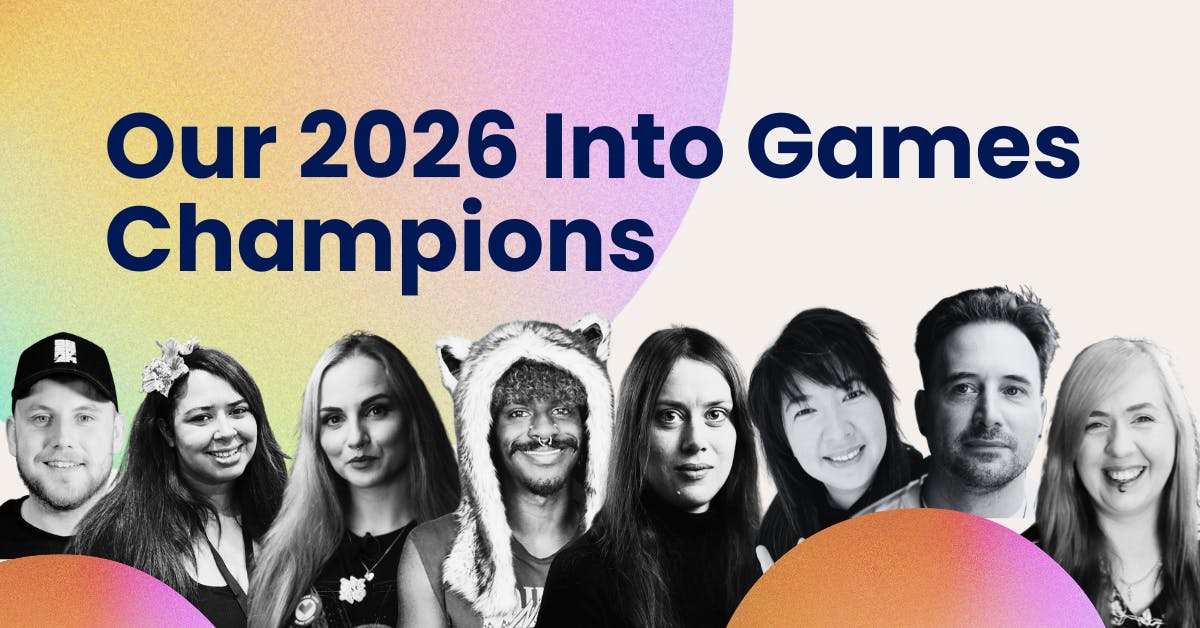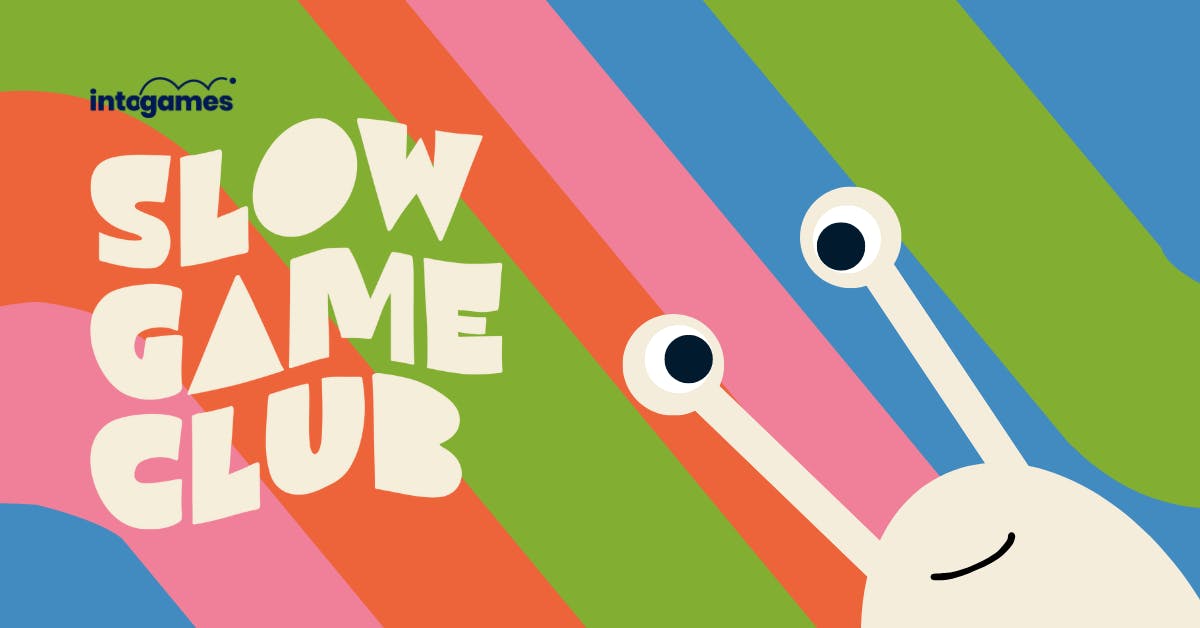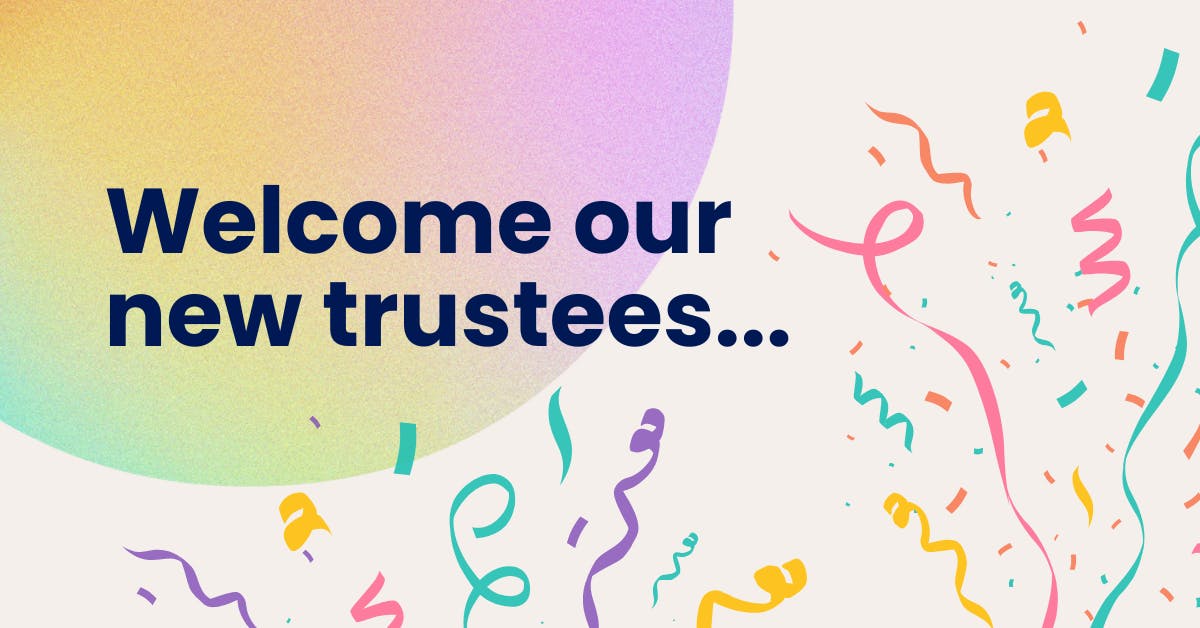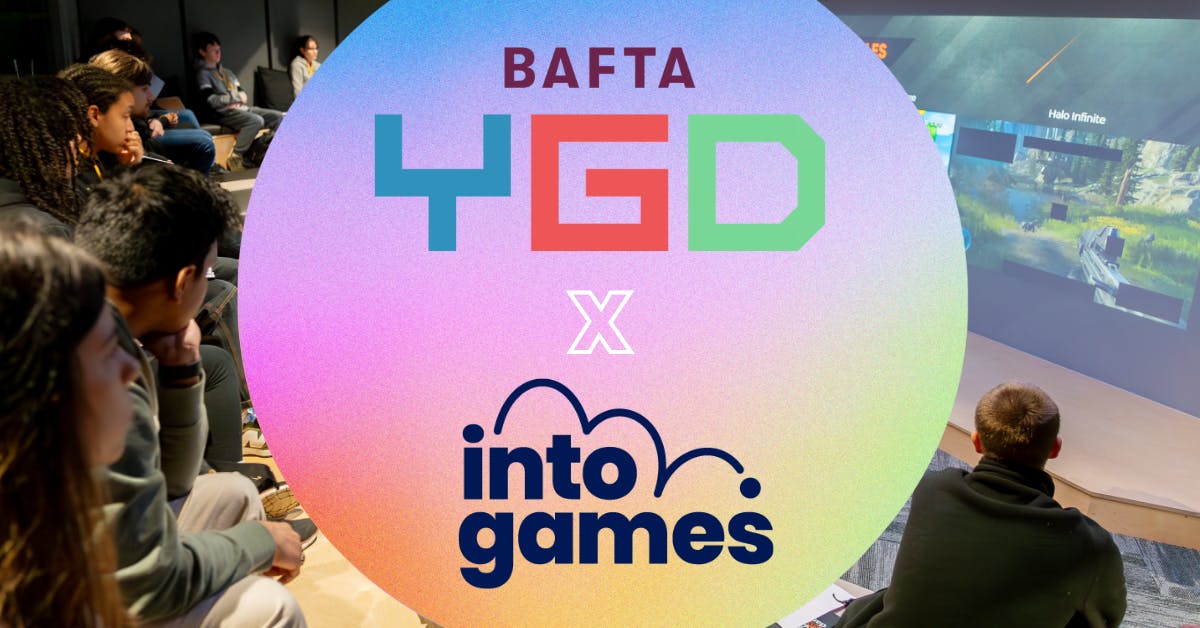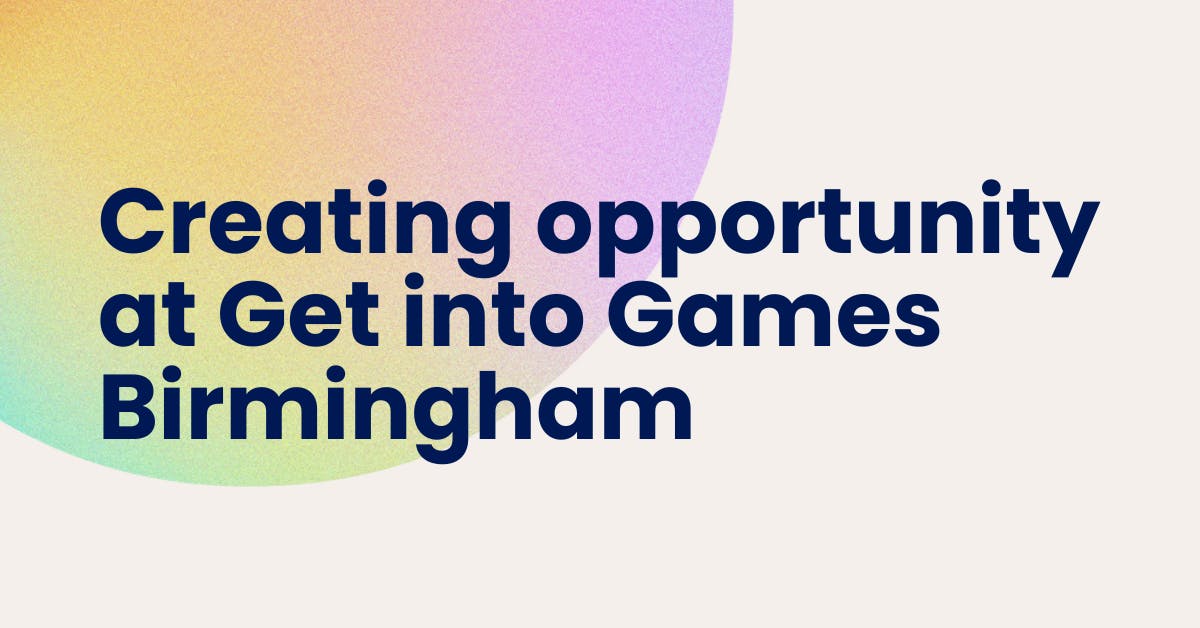
16 September 2020
What does a Playtester in games do?
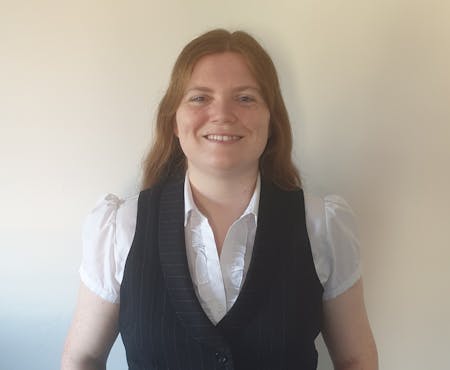
Giverny Wilson-Martin is an Embedded Tester at Rare Ltd. Giverny has worked on many game titles including Skylanders Swap Force, Batman Arkham Origins, Saints Row IV and Fifa. And most recently Battletoads, Sea of Thieves and Everwild. We asked Giverny some key questions about getting into the games sector.
Explain your role like I'm 5 years old
It’s my job to play through our games to make sure they feel fun and to look for anything weird that shouldn’t happen, like getting stuck in walls or falling through the floor. If I find anything strange, I then tell the game makers about what I found and how bad it is so that they can decide what to fix first and then try to fix it. If I say something is so bad that it will ruin the game for our players, then the game won’t go to players until it’s fixed.
Take us through your average day at work
In the morning when I get in, I check my emails and our internal social channels to make sure I have all the information I need to start the day, such as the version number of our most recent build, what changes are in that build and any bugs that might have been raised or come back to me to retest while I was gone. We have a ‘standup’ meeting with the team, where we all talk about what we have been working on and what we’re going to do next, so we’re all on the same page. This is also a good opportunity for us to raise any concerns we might have and ask each other for help.
For the rest of the day, I will usually be finding or retesting bugs in the game; attending feature breakdowns, where we pick apart new features to figure out what tasks we’ll need to do and what areas are risky or having reviews of existing features to give feedback on them. When we’re done with all that, we hold regular retrospectives to look back on our work and talk about what went well, what didn’t go so well and what we could do better next time. When I’m not testing, I also have other duties such as creating the release notes for new releases and creating crash reports for the releases that have already gone out. I also do training in my spare time to develop my skills even further and make myself even more useful to the team.
What was your educational and career journey into your current role?
I was about 13 when I actually realised that you could have a career in the games industry, and it was only after college that I decided that I was going to pursue it. I studied Games Design at Staffordshire University for 3 years, learning various related skills such as animation, 3D modelling, programming and narratology.
My first job out of university was as a games tester at VMC Game Labs, where I first got a taste of what it was like to have a career in games testing. I really enjoyed it but, sadly, it was a zero hours contract so when the work went quiet, I didn’t have enough money to pay rent and had to go back home. However, this didn’t stop me wanting to pursue my dreams.
I continued looking for a job and attended career fairs until I found a company who provided training in testing, with guaranteed work placements at the end. I saw this as a way to get back into the industry I loved and so I signed up, passed the interview and assessment and spent over 5 years with the company, testing all sorts of applications from websites and mobile apps to the software that goes into the gates you go through at railway stations!
The work was rewarding and the people I met were amazing but my heart still belonged to games so I took all that experience and applied for a testing role at Rare Ltd, a games company with a culture and games library that I really looked up to. If I’m honest, I was so nervous the first time I went for an interview that I actually froze up and my mind went blank but I knew from the moment I walked through the door that this was where I wanted to be.
Undeterred, I went away and worked on my soft skills and confidence, then came back for another interview a year later. Thankfully, it all paid off, and I am proud to say I finally got my dream job.
What do you love most about your role?
I always wanted to work in games but it’s the people I work with and for that really make it. I love having conversations with the team about new features, seeing the passion they pour into their ideas and getting excited with them for the next release. When our games get released or new updates go out, it is so heart-warming to see the players’ reactions to the new content, to see them going off on new adventures and creating memories with their friends. That makes it all worthwhile.
What's the hardest thing about your role?
I think one of the hardest things about working in games, and testing in particular, is the misconceptions that come with it. For example, you’ve probably seen at least one comment on the internet like ‘This game is so buggy. Did anyone even test this?’ It can be really disheartening to see because, the reality is, the team try their hardest, but we simply can’t find every bug in the game. Sometimes, even if we find the bug, it’s not as high priority as something else that needs fixing and so there simply isn’t enough time in the schedule to fix everything. At the end of the day, the testers and the developers are only human and we all make mistakes.
When I tell people I am a tester, most people say something like ‘Oh, so you just play games all day? Sounds easy.’ That is simply not true. Testing is just as challenging as any other development job but, with hard work and patience, it can also be just as rewarding.
What key skills should people work on to do your role one day?
There are certain qualifications and skills that are usually required to be a tester, such as the ISTQB qualification, which covers various testing techniques and methodologies for software development. However, if I were to pick 3 general skills that every tester needs, I’d say planning, problem-solving and patience.
When you get given a completely new feature or game to test, you’re going to have to ask the right questions of the right people to figure out how it should work and what risks might be involved and then determine how you will prioritise testing. You might be given information up front, but you will always want to dig deeper to get the details and it’s best to try to think outside the box.
As a tester, you’ve got to think about what the player could do and not just what we expect them to do. Lastly, testing can be a long-winded process so be prepared to spend hours, days or even months checking the same features over and over until they are just right, so you can bring the best experience to the players.
What advice would you give to your younger self looking to get started in the industry
Two things: Create and network! Games development is a creative area, so if you want to truly demonstrate that you’re passionate about games to an interviewer, show them something you’ve worked on! And it’s okay if you specialise in one area, like drawing or programming or even project management. If you can’t make the whole game by yourself then find a team to work with and so you can still show off your work and talk about your contribution.
The truth is, there will be hundreds of people applying for games jobs who have a related degree or other qualification. If you can pull out your phone or tablet and actually show the interviewer a video of a game you made or, better yet, let them play it, then you’ll set yourself apart from the rest. Another super important one is building up your network, go to careers fairs, game development conferences, game jams etc. and talk to people! You never know who might see your work and they might introduce you to someone who will lead you to your next job.
Do you have any links to good articles or videos that you think might give some tips or advice to someone starting in your role?
If you are interested in going into testing, I recommend looking into getting ISTQB certified. ISTQB is an internationally recognised qualification in software testing, which will give you the skills you need to help you on your way to a testing role.
ISTQB
Another useful skillset to know is the Agile methodology, which is a really popular way of working in software development nowadays. You can start by reading the Agile Manifesto, which is basically a set of principles that Agile is based on.
Agile Manifesto
If you want to learn more about Agile, such as the specific tools and techniques used, I also recommend looking up the free resources from Agile Academy. They have some great videos on YouTube.
Agile Academy YouTube Channel
This one is less testing specific, but when I was starting out, I was reading a book called ‘The Art of Game Design’ by Jesse Schell. It’s a really interesting and inspiring read.
Art of Game Design - Jesse Schell
Stay up to date
It's time to level up your inbox
Pick which newsletters you're interested in receiving, and customise further by specifying a discipline.
Join our mailing listTell me more
